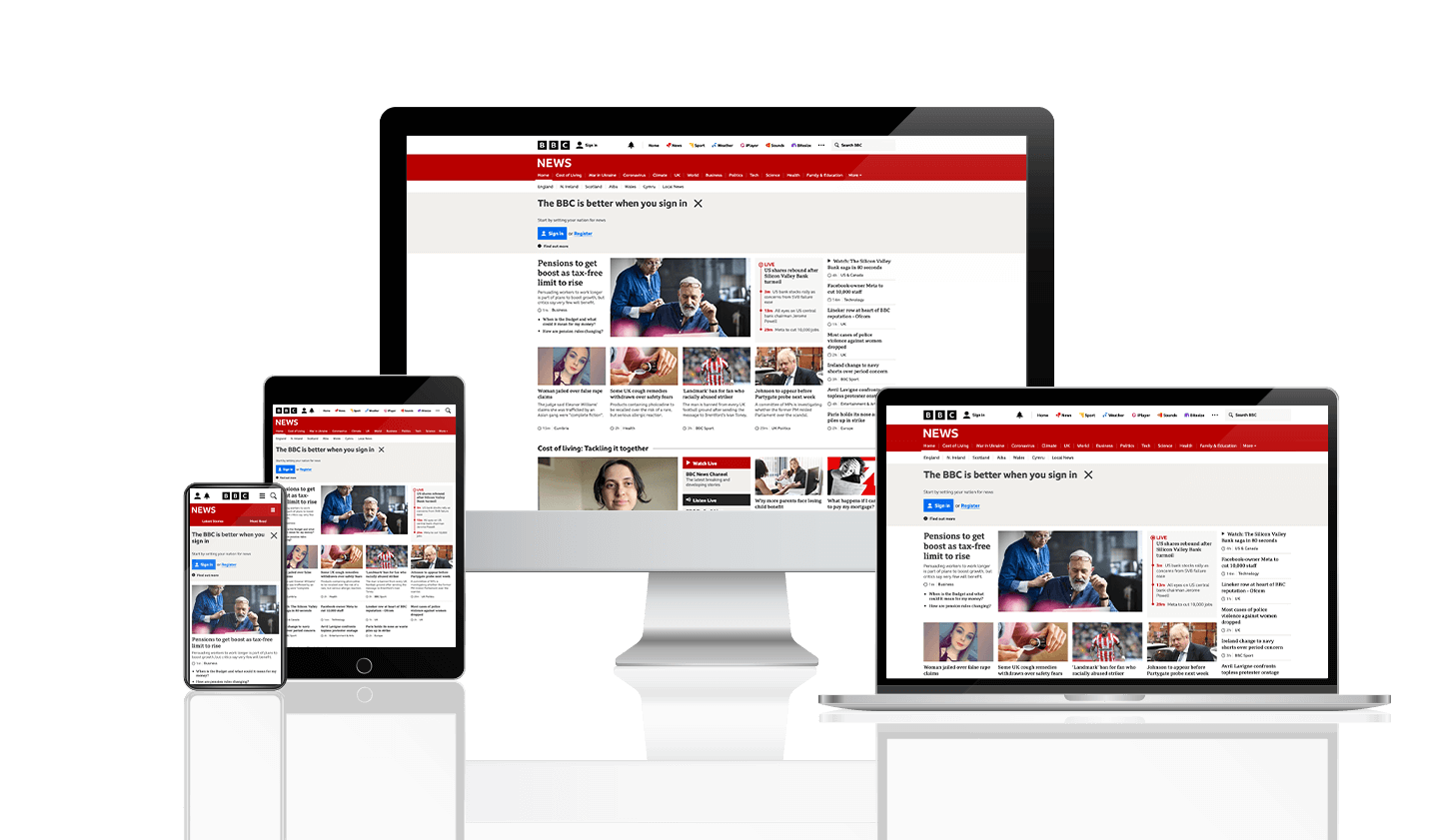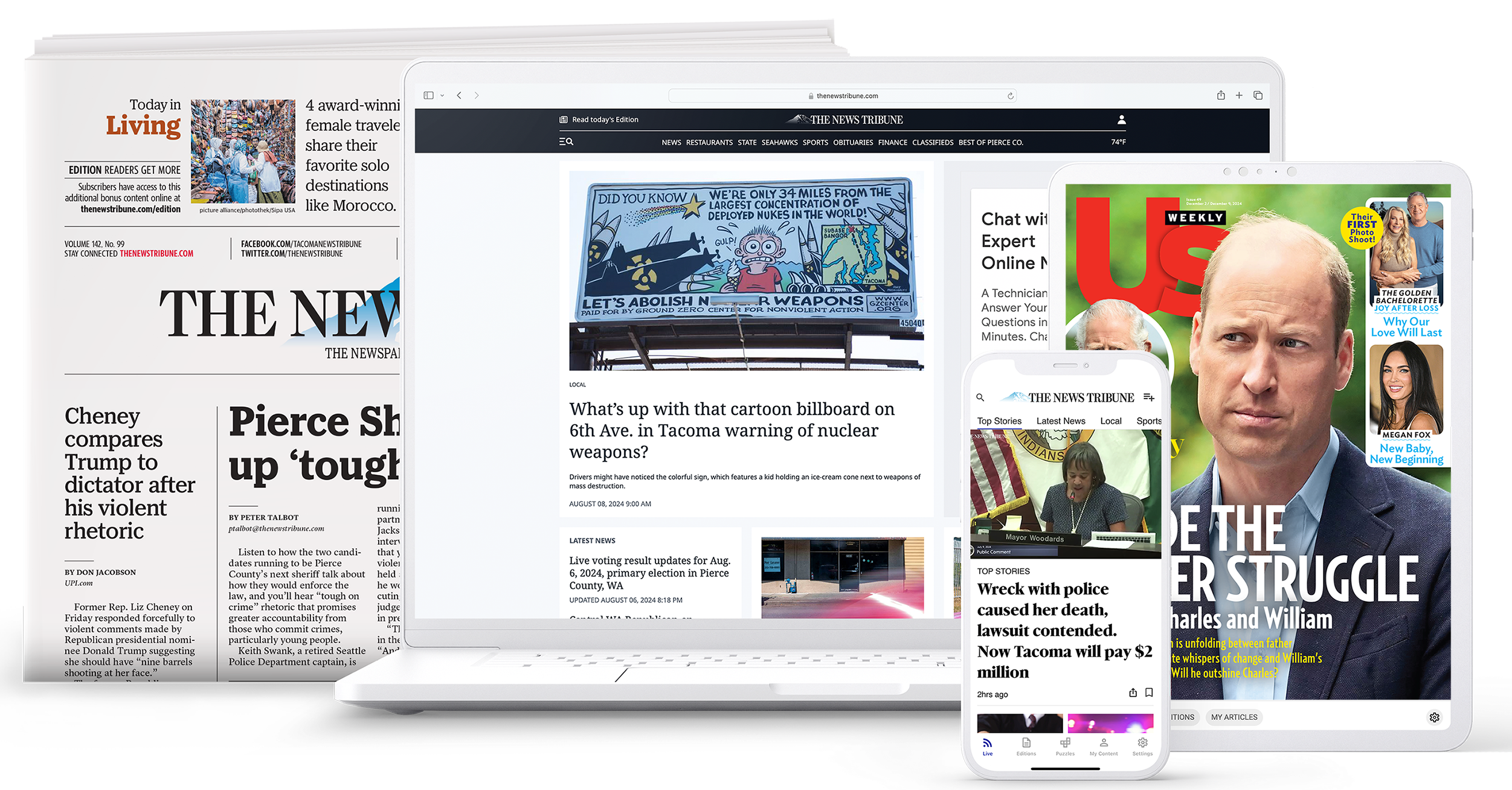Ways stnews.live Delivers Timely News Faster Than Ever
Wiki Article
The Value of Fact-Checking in the Globe of News Online
The frequency of misinformation in today's on the internet news landscape has gotten to startling levels. Fact-checking organizations play a vital function in neutralizing this pattern. They confirm insurance claims and boost the credibility of journalism. Nevertheless, the efficiency of these companies commonly depends upon their methods and public understanding. As audiences navigate this complex atmosphere, the ramifications of their searchings for may shape the future of news consumption and trust. What does this mean for the integrity of details progressing?
The Rise of False Information in the Digital Age
Just how has the arrival of digital modern technology added to the spread of false information? The rapid development of the web and social media sites systems has facilitated the dissemination of information at an extraordinary rate. Customers can share posts, video clips, and viewpoints with a simple click, usually without confirming the content's precision. Algorithms prioritize astonishing or mentally billed material, leading to a spreading of deceptive narratives that catch focus.Furthermore, the privacy paid for by electronic systems permits individuals to spread out false details without accountability (stnews.live). False information prospers in echo chambers, where users are revealed mostly to point of views that enhance their beliefs, additionally setting frauds. The saturation of information can overwhelm users, making it testing to recognize legitimate sources from undependable ones. Misinformation has come to be a pervasive concern in the digital landscape, affecting public point of view and depend on in legit news resources.
The Role of Fact-Checking Organizations
Fact-checking organizations play a vital duty in improving the reliability of journalism by confirming claims made in news reports. Their initiatives are crucial in combating misinformation, guaranteeing that accurate information prevails in the digital landscape. By holding media electrical outlets liable, these organizations add significantly to notified public discourse.Enhancing Reliability in Journalism
While false information proliferates in the digital age, fact-checking companies play an essential duty in boosting the reputation of journalism. These organizations meticulously confirm cases made in newspaper article, public statements, and social media sites messages, making sure that details distributed to the public is exact and credible. By providing independent analyses, they function as a crucial resource for journalists, helping them keep high criteria of integrity. On top of that, their initiatives promote transparency in media, cultivating public count on. As target markets become increasingly discerning, the visibility of trusted fact-checking entities can differentiate trusted news resources from those that might spread out fallacies. Ultimately, the dedication of fact-checking companies to copyright reliability is important for the health and wellness of democratic discussion.Combating Misinformation Properly
As false information continues to spread swiftly across digital platforms, the role of fact-checking companies becomes significantly important in the fight for precise details. These organizations offer as guard dogs, inspecting cases made by public figures and media outlets to assure liability. By utilizing extensive research approaches and specialist evaluation, they confirm facts and make clear deceptive narratives. Their findings are disseminated with different networks, educating the public and promoting crucial reasoning. Additionally, partnerships with social media systems enhance their reach, permitting punctual flagging of false details. As digital proficiency expands, the influence of fact-checking companies is essential in encouraging audiences to determine fact from fallacy, eventually adding to an extra enlightened culture.Exactly How False Information Affects Public Perception
False information greatly weakens rely on media, leading target markets to question the integrity of news resources. Consequently, people usually move in the direction of outlets that strengthen their current ideas, adding to the polarization of viewpoints. This dynamic creates a fragmented details landscape, where shared recognizing comes to be progressively challenging to achieve.Rely on Media

Rely on media has become significantly breakable in the digital age, where the quick spread of incorrect details can alter public understanding. As false information proliferates across social media and on-line systems, audiences commonly locate it challenging to discern reliable resources from unstable ones. This uncertainty cultivates suspicion, leading several individuals to examine the objectives behind news reporting. Subsequently, count on developed media outlets has actually decreased, as consumers significantly turn to alternative resources that may lack extensive editorial standards. This erosion of trust fund not just impacts specific beliefs however also undermines the collective capacity to engage in informed conversations. Ultimately, the integrity of journalism is at stake, highlighting the crucial demand for effective fact-checking to bring back confidence in the media landscape.

Polarization of Viewpoints
The boosting hesitation towards traditional media has actually added to an expanding polarization of point of views amongst the public. Misinformation, typically disseminated via social networks and on the internet platforms, plays a considerable role fit distinctive ideological divides. Individuals frequently choose details that aligns with their pre-existing ideas, strengthening their perspectives while dismissing opposing point of views. This resemble chamber result magnifies divisions, resulting in a fragmented public discourse where consensus comes to be significantly elusive. Additionally, sensationalized narratives prosper in this environment, even more skewing public perception and fostering suspect in reliable sources. As polarization escalates, the necessity for efficient fact-checking ends up being critical to link spaces and promote notified conversations, eventually guaranteeing a much more cohesive society efficient in navigating complex concerns.Techniques for Effective Fact-Checking
Reliable fact-checking depends on a systematic technique that includes extensive study, verification of resources, and important analysis of cases. A foundational technique is cross-referencing information from several trustworthy sources to validate its accuracy. Fact-checkers usually use specialized data sources and archives to trace the origin of certain statements, making sure that the reported details straightens with documented proof.One more necessary method involves inspecting the context in which claims are provided. Deceptive info can emerge from out-of-context quotations or careful information use. By checking out the more comprehensive narrative, fact-checkers can determine potential predispositions or misconceptions.
Furthermore, engaging with professionals in pertinent fields can offer clearness and understanding that boosts the fact-checking procedure. This collaboration can uncover nuances that laypeople may neglect - stnews.live. Inevitably, a self-displined technique incorporating these techniques fosters a much more informed public, boosting the dependability of info disseminated in the digital age
The Impact of Social Media on News Consumption
How has social media sites changed the means people take in news? The appearance of platforms like Facebook, Twitter, my explanation and Instagram has significantly modified news usage patterns. News is currently shared rapidly, enabling customers to gain access to real-time updates and involve with web content with likes, shares, and comments. This immediacy has cultivated a choice for bite-sized information, often at the cost of in-depth analysis.Furthermore, social media sites enables customized news feeds, where formulas curate content based on individual preferences, developing echo chambers that might limit exposure to diverse perspectives. The duty of traditional news electrical outlets has actually diminished as people progressively rely on peer referrals and trending topics. The reliability of details is frequently endangered, as sensationalism can overshadow valid reporting. Overall, social media sites has actually improved news usage, emphasizing rate and personalization while testing the criteria of journalistic honesty.
Equipping Target Markets to Identify Trustworthy Resources

In addition, analyzing the authorship and business background of news articles can expose potential biases. Cross-referencing info across several trustworthy outlets better enhances the verification process. Making helpful resources use of electronic tools, such as internet browser expansions that rate the credibility of internet sites, can likewise help in identifying reliable info. By actively involving with these resources and cultivating a vital state of mind, audiences can better furnish themselves to determine dependable news sources, eventually promoting an extra enlightened culture among the complexities these days's media environment.
The Future of Journalism and Fact-Checking
As the media landscape develops, the future of journalism and fact-checking encounters both challenges and possibilities. The surge of digital platforms has actually democratized details dissemination, allowing varied voices to arise. Nonetheless, this has likewise brought about the spreading of false information, demanding durable fact-checking systems. Journalists will significantly count on modern technology, consisting of AI tools, to verify facts quickly and efficiently.Collaboration in between wire service and fact-checking entities is anticipated to reinforce credibility and openness. Target market involvement will play an important role, as informed viewers become substantial companions in identifying trustworthy content.
The demand for accountability and accuracy is likely to expand, pressing journalists to promote high criteria in their reporting. Ultimately, the future of journalism may depend upon its capability to adapt to technical improvements while keeping journalistic stability, guaranteeing that fact-checking remains a foundation of trustworthy news.
Frequently Asked Inquiries
Exactly How Can I Report Misinformation I Run Into Online?
To report false information run into online, individuals can use platform-specific reporting tools, supply clear proof, and share the information with fact-checking organizations. Engaging with area conversations can Full Article additionally aid elevate understanding regarding the false information.What Are Typical Indications of False Information in News Articles?
Typical signs of false information in news articles include spectacular headings, lack of credible resources, psychological language, inconsistent facts, and lack of author qualifications. Viewers must seriously assess content for these indications to determine accuracy.How Do Fact-Checkers Validate Sources?
Fact-checkers validate sources by cross-referencing information with legitimate databases, seeking advice from professionals, and analyzing the original context of cases. They additionally assess the integrity of the resources, guaranteeing accurate and credible details for public consumption.What Lawsuits Can Be Taken Versus False information?
Lawsuits versus false information may include defamation suits, cease-and-desist orders, and regulatory fines. Victims can prosecute with civil courts, while some territories impose penalties or permissions on platforms sharing incorrect details.Exist Apps for Fact-Checking News On-The-Go?
Many applications exist for fact-checking news on-the-go, consisting of Snopes, FactCheck.org, and PolitiFact. These applications assist users validate insurance claims quickly, advertising educated decision-making and fostering a more critical technique to consuming news in real-time.Report this wiki page